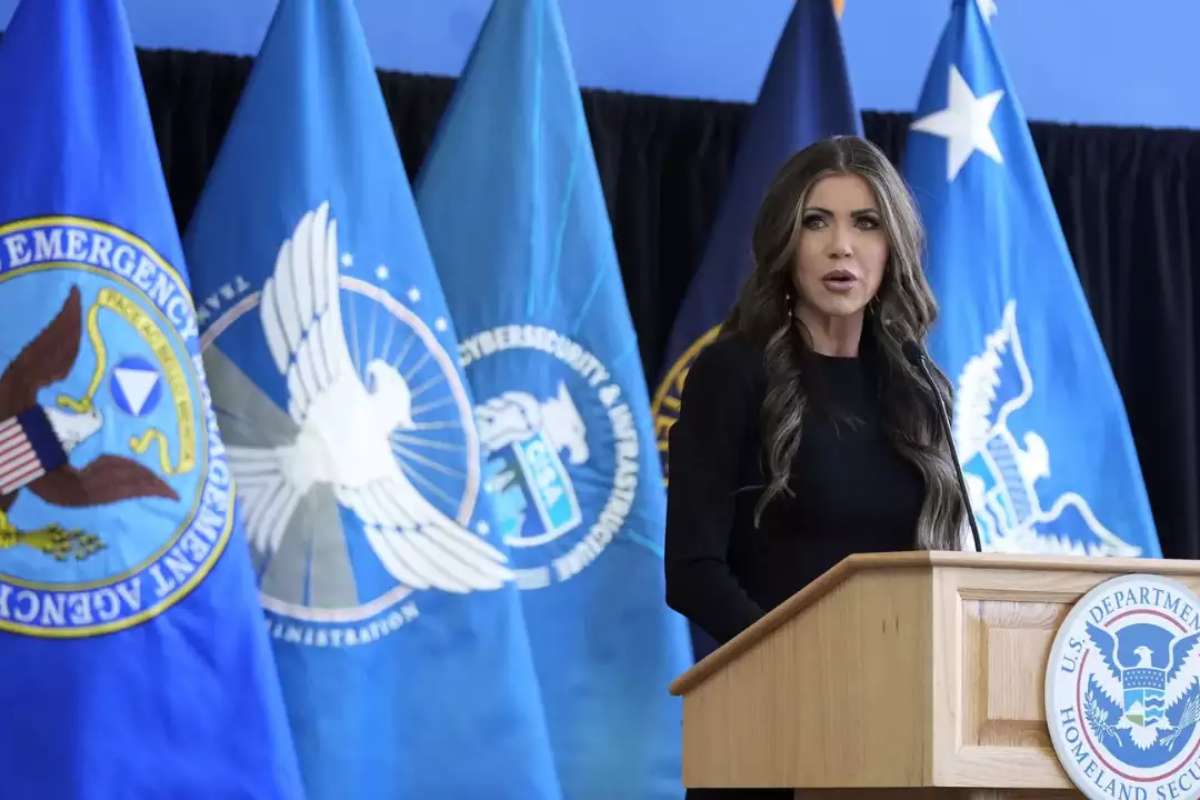Trump Administration’s Approach to Cybersecurity Agency Raises Concerns
The role of the U.S. Cybersecurity and Infrastructure Security Agency (CISA) in protecting election systems appears uncertain under the Trump administration. Despite CISA’s significant contributions in assisting states to strengthen their voting system defenses, its future involvement in elections is now unclear. Notably, President Donald Trump has not appointed a new head for CISA, and for the first time since its creation, no one from the agency’s leadership is slated to address the National Association of Secretaries of State gathering in Washington.
A recent panel at the event highlighted ongoing cyber threats, with an FBI official confirming that foreign adversaries like China, Russia, and Iran remain significant cybersecurity concerns. While the FBI has consistently warned of these threats, CISA’s role in addressing them is under scrutiny, with some critics within the administration suggesting the agency has overstepped its mission.
Republican Criticism and CISA’s Work with Social Media Companies
CISA’s involvement in countering misinformation, particularly during the 2020 presidential election, has led to sharp criticism from Republicans and Trump allies. After the 2020 election, CISA’s former director, Chris Krebs, was dismissed by Trump Administration after he reaffirmed the election’s security, infuriating the president and fueling claims that the agency was undermining Trump’s position. Republicans have continued to accuse CISA of collaborating with social media companies to censor conservative views on elections and health-related topics. However, CISA officials, including the former director Jen Easterly, have denied such allegations, asserting the agency never engaged in censorship.
Despite this, the criticism persists. Republican figures like Rep. Marjorie Taylor Greene have argued that CISA’s focus on countering misinformation detracted from its core mission of protecting critical infrastructure. CISA’s role in notifying social media platforms about misinformation has also raised concerns, though the agency insists it never coerced or directed platforms on how to handle content. With the 2024 election approaching, CISA and other federal agencies have again alerted the public to misinformation campaigns, including a fake video tied to Russia that falsely depicted election ballot mishandling in Pennsylvania.
CISA’s Shift in Focus and Bipartisan Support for Cybersecurity Efforts
Amid the ongoing controversy, CISA has been reassessing its mission. Some Republican leaders, including Ohio Secretary of State Frank LaRose, have commended the agency for its work in election cybersecurity, emphasizing that its mission should remain focused on protecting the nation’s critical infrastructure. LaRose expressed confidence that CISA would remain focused on election security and cybersecurity, noting that concerns over its role in misinformation were largely outdated.
The designation of voting systems as critical infrastructure following Russian interference in the 2016 election marked a turning point in federal involvement in election security. While initially resistant, many state election officials now acknowledge the value of federal assistance and funding in strengthening their election systems. Minnesota Secretary of State Steve Simon, a Democrat, voiced hope that the new administration would continue to support state efforts in securing elections and combating misinformation, recognizing the importance of safeguarding national security in an increasingly digital world.






